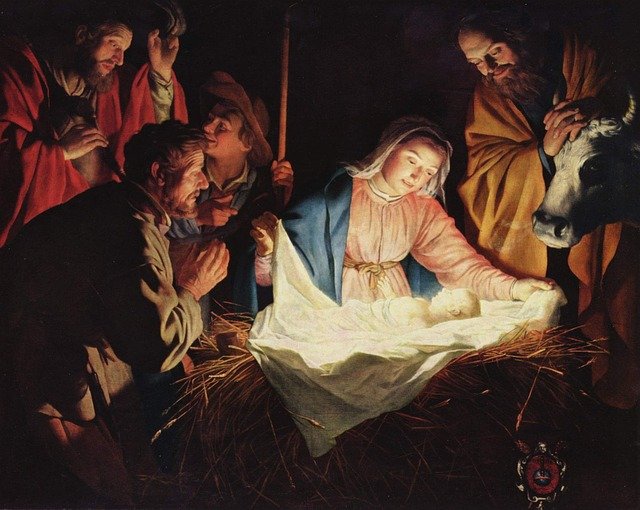 Between elves, flying reindeer, and black Friday deals, it’s very easy to lose track of what the Christmas season is all about. Christmas is, after all, supposed to be a celebration of the birth of Jesus Christ.
Between elves, flying reindeer, and black Friday deals, it’s very easy to lose track of what the Christmas season is all about. Christmas is, after all, supposed to be a celebration of the birth of Jesus Christ.
Or, is it?
One of the interesting things that we discover when comparing science and logic against tenets of faith is that elements that we have come to associate with certain religious events are not quite what we were led to believe. In fact, the Christmas that we have come to celebrate is pretty much cobbled together from a variety of traditions from various cultures across the globe.
In ancient Rome, December 25 was a celebration of the Unconquered Sun, marking the return of longer days. It followed Saturnalia, a festival where people feasted and exchanged gifts. . The church in Rome began celebrating Christmas on December 25 in the 4th century during the reign of Constantine, the first Christian emperor, possibly to weaken pagan traditions. The earlier term Yule may have derived from the Germanic jōl or the Anglo-Saxon geōl, which referred to the feast of the winter solstice. (source – Britannica.com)
The actual location and setting of the birth of Christ is also debatable. We’ve been led to believe that the special event took place in what is essentially, a stable, in a town called Bethlehem. Both of those elements of the Christmas story are challenged by contemporary scholars.
Somewhere along the line, Christmas became a holiday devoted to gift exchanges along with mythical Santa Clause, elves, and those flying reindeer. It is a time when we are all urged to give in remembrance of the gifts that were given at that special time so long ago. It is easy to see how Christmas was highjacked by commercial interests.
But what about that special date?
The origin of assigning December 25 as the birth date of Jesus is unknown. There are various explanations related to seasonal recognition or adaptation of previous celebrations. But what is the truth?
The truth… the real truth, is that it doesn’t matter. The purest version of Christmas is that it is a celebration of the birth of Jesus Christ. It is an annual event celebrating and honoring the moment that Christianity truly began. It is a moment in time when love, and giving, and joy are the order of the day. The specific date doesn’t matter as much as the annual remembering.
In the end, time has no meaning. Neither does the specific place and time. What does have meaning is the annual reminder of the greatest gift mankind has ever received, a gift that exists beyond time.
